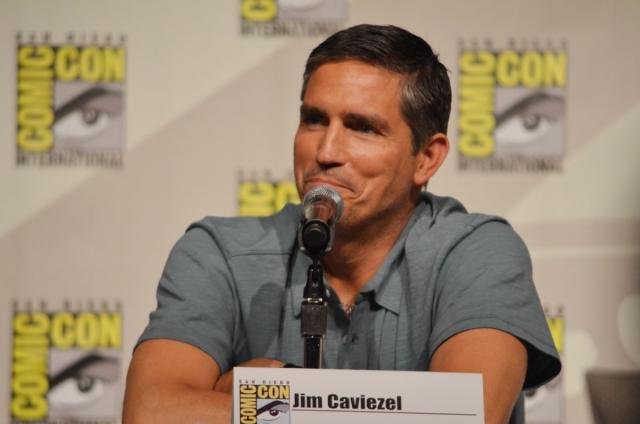Actor Jim Caviezel has made news in the entertainment industry after calling renowned actor Robert De Niro a “awful, ungodly man” and refusing to work with him, in an unexpected turn of events. Hollywood has been rocked by the statement, which has sparked debates over how personal beliefs and professional relationships may coexist. This article delves into the specifics of Caviezel’s audacious choice, the motivations for his rejection of working with De Niro, and the wider ramifications of such outspoken statements in the film industry.
Jim Caviezel, who gained notoriety for playing Jesus Christ in Mel Gibson’s “The Passion of the Christ,” is noted for his steadfast adherence to moral principles and his deep Christian convictions. Conversely, though, Robert De

When Caviezel was questioned about possible partnerships with De Niro in a recent interview, he made this statement. Without equivocation, the actor replied, “I won’t work with Robert De Niro.” He is a terrible, ungodly man. The statement’s forceful wording attracted the attention of both fans and the media right once, raising concerns about the specifics of the supposed falling out between the two stars.
Although Caviezel refrained from discussing specifics in the interview, it is clear that his choice is the result of a fundamental conflict of beliefs. Caviezel’s vocal Christian beliefs and commitment to projects that share his moral compass make it plausible to believe that he feels there is a mismatch between De Niro’s public image and previous behavior. The absence of
Caviezel’s refusal to work with De Niro raises broader questions about how actors navigate their personal beliefs within the collaborative and often politically charged environment of Hollywood. While the industry has historically thrived on diversity of thought and expression, instances of actors drawing lines based on personal values are becoming more frequent. The incident reflects the evolving landscape of Hollywood, where individuals feel compelled to assert their principles, even at the risk of professional consequences.
The entertainment industry has seen instances where actors’ public statements have both enhanced and hindered their careers. Caviezel’s refusal to work with De Niro may garner support from like-minded individuals who appreciate his commitment to his beliefs. However, it also raises questions about the potential impact on his future collaborations and the perception of industry professionals who may view such public declarations with caution.
Jim Caviezel’s deep Christian faith has been a defining aspect of his public persona. His role in “The Passion of the Christ” catapulted him into the spotlight as an actor unafraid to take on roles that resonate with his spiritual convictions. The clash with De Niro underscores the challenges faced by actors who seek to maintain their integrity in an industry known for its complexities and moral ambiguities.
Beyond the individual actors involved, Caviezel’s refusal to work with De Niro prompts reflection on the broader implications for Hollywood and the entertainment industry. The incident highlights the ongoing tension between personal beliefs and the collaborative nature of filmmaking. As actors increasingly use their platforms to express their values, the industry may witness a shift in dynamics, with more individuals choosing to take a stand on issues they hold dear.
Jim Caviezel’s decision to refuse collaboration with Robert De Niro based on moral grounds has ignited a conversation about the intersection of personal convictions and professional engagements within Hollywood. The incident sheds light on the evolving landscape of an industry where actors, driven by their principles, are making public declarations that resonate with their beliefs.
As the entertainment industry continues to navigate these complexities, the clash between Caviezel and De Niro serves as a reminder of the delicate balance between personal ethics and the collaborative spirit that defines filmmaking.





